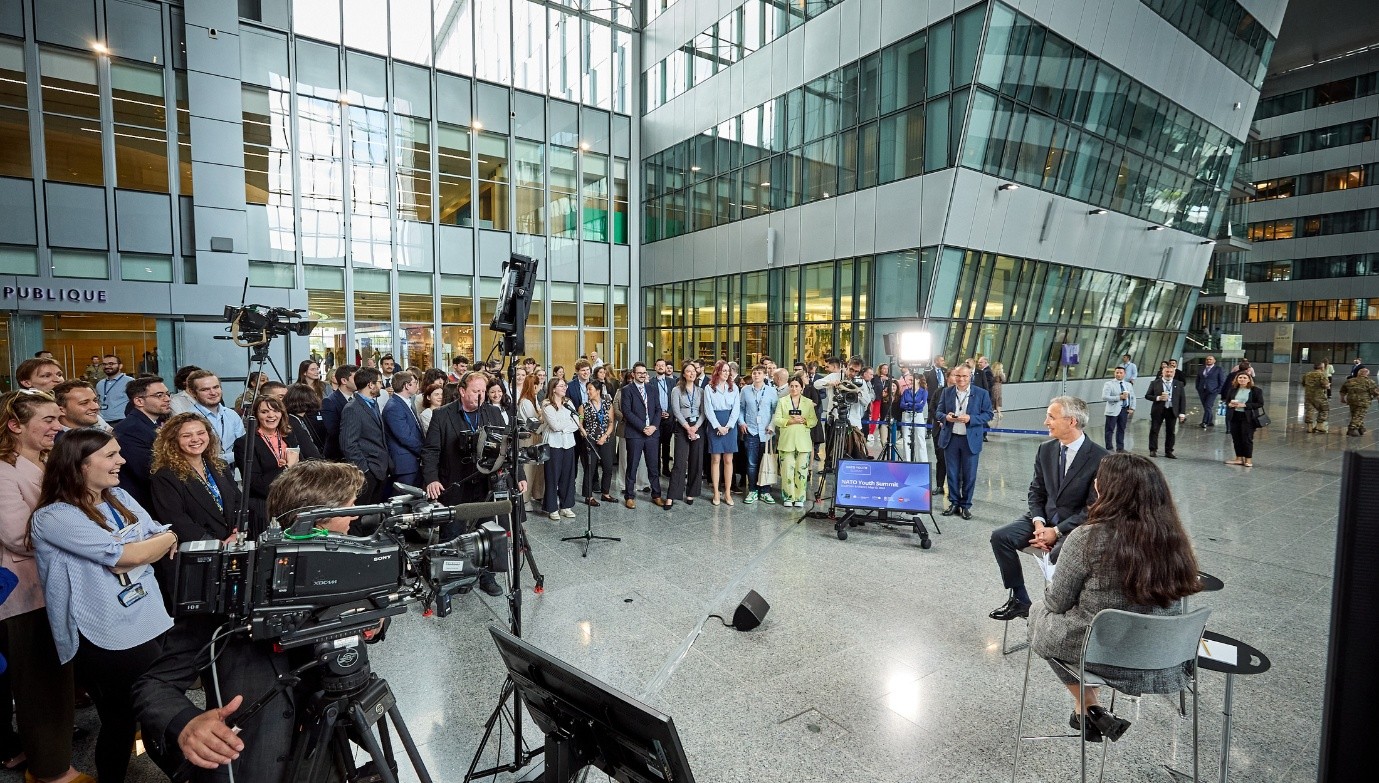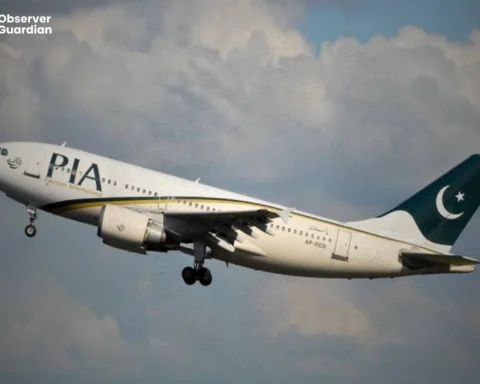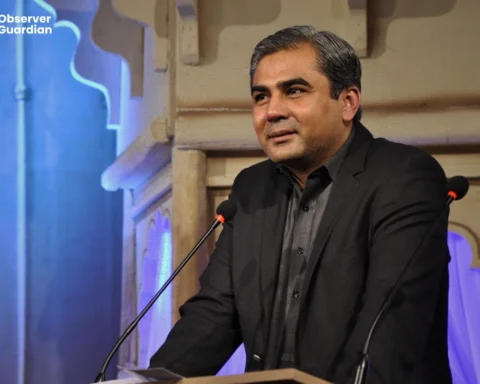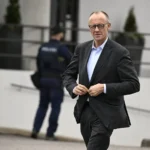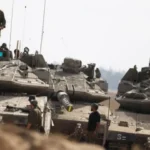The NATO 2025 Youth Summit, titled “Making NATO Stronger,” served as an active forum that underscored the Alliance’s persistent significance in a swiftly changing global environment. The conference, held in Brussels and attended by more than a thousand young leaders, academics, policymakers, and civil society representatives from all 32 member nations and partner countries, underscored the crucial role of youth in influencing transatlantic security and collective defence. The summit served not only as a platform for intellectual discourse but also as a catalyst for new policy development, intergenerational dialogue, and multilateral cooperation, all crucial for maintaining NATO’s strategic advantage in the 21st century.
The 2025 Youth Summit fundamentally asserted that NATO’s strength is rooted not only in its military resources or financial allocations but also in its capacity to adapt ideologically and operationally to contemporary challenges. In an age characterized by hybrid warfare, cyber threats, disinformation operations, and climate-related security issues, the conventional notion of defence necessitates expansion. Young people from many cultural and academic backgrounds contributed innovative, frequently disruptive, viewpoints to these debates. They participated in the research of geopolitical tensions, spanning from Eastern Europe to the Indo-Pacific, while also providing innovative frameworks for resilience and deterrence.
Subjects such as digital sovereignty, artificial intelligence in defence mechanisms, and the democratization of security were vigorously discussed, demonstrating that the youth represent not only the future of NATO but also its current innovation.
A notable accomplishment of the conference was the introduction of the NATO NextGen Strategic Charter. This text, co-authored by representatives from youth councils and networks of rising leaders, articulates a progressive vision for NATO policy that is inclusive, sustainable, and technologically adaptive. The Charter promotes enhanced young representation in defence planning, increased NATO internships and training initiatives, and the official incorporation of environmental security into NATO’s threat evaluations. It also advocates for the creation of a permanent Youth Advisory Panel to engage with the North Atlantic Council on issues of innovation, digital infrastructure, and civic resilience.
This youth-led initiative is particularly opportune. The strategic environment of 2025 is characterized by complexity. Russia’s persistent aggression, China’s technological advancement, the militarization of outer space, and the disintegration of conventional arms control agreements highlight the necessity for foresight and adaptability. As NATO fortifies its deterrent posture and strategic coherence, involving the next generation in these processes is imperative rather than optional.
The summit reflected this sentiment, as Secretary General Jens Stoltenberg emphasized in his address that “the credibility of our Alliance relies not only on our preparedness but also on our relevance, and maintaining relevance necessitates that we listen to and empower the youth who will inherit this security framework.”
A prevailing theme of the summit was the necessity to reconceptualize security in human-centric terms. Delegates underscored that security transcends geographical boundaries and military presence, encompassing the protection of democratic institutions, human rights, digital liberties, and environmental sustainability. Discussions regarding the NATO Climate Security Action Plan emphasized that climate-induced calamities, from Arctic ice melt to Sahelian desertification, present significant threats to political stability and resource availability. The young delegates implored NATO to embrace a proactive approach to climate diplomacy and resilience enhancement in at-risk areas, advocating for inter-agency cooperation with the UN and regional organizations.
Cybersecurity and digital governance are significant components of the summit agenda. As artificial intelligence and quantum computing transform the landscape of threats and defences, emerging technologists and ethicists have asked NATO to take a leading position in establishing worldwide standards for the proper use of AI in defence applications. Multiple panels examined the ethical ramifications of autonomous weapon systems and the necessity for stringent oversight measures.
The youth speakers promoted a NATO Code of Digital Ethics to delineate explicit parameters for data utilization, algorithmic transparency, and civilian safeguarding in cyber operations.
A significant focus of the summit was the prioritization of diversity, equity, and inclusion throughout NATO’s personnel. In an alliance established on the tenets of democratic solidarity and common values, representational justice is vital. Delegates advocated for enhanced gender-inclusive security frameworks, increased LGBTQ+ representation in military forces, and institutional reforms to facilitate greater involvement from minority communities. The summit featured a significant discussion on the experiences of young defence personnel from underrepresented backgrounds, which profoundly impacted the audience and stimulated support for internal institutional reforms.
The 2025 Youth Summit was not conducted in a vacuum, considering ongoing crises. Workshops and simulations concerning Ukraine’s defence, Taiwan Strait scenarios, and Sahelian stabilization demonstrated a comprehensive approach to education and decision-making. These exercises were not simply academic inquiries; they were intended to replicate real-world complexity and assess the participants’ strategic adaptation under duress. The cross-border collaboration in these simulations highlighted the fundamental principle of NATO: unity in diversity and strength through cooperation.
Additionally, the summit cultivated essential collaborations with academic institutions, research organizations, and corporate sector innovators. Start-ups in the defence technology sector were invited to showcase solutions for battlefield communication, satellite surveillance, and medical logistics in hostile environments. This fostered an exchange of ideas between bureaucracy and entrepreneurs, facilitating a more nimble, technologically adept NATO. The youngsters advocated for the establishment of a NATO Innovation Incubator to expedite the advancement of dual-use inventions via mentorship, funding, and testing facilities among allied nations.
The summit’s digital inclusivity transcended the confines of the venue. Young individuals from conflict-affected regions and non-member nations engaged online through livestreams, interactive forums, and digital town halls, contributing plurality and subtlety to the discourse.
The digital discussions enhanced the summit’s results and highlighted NATO’s potential function as a connector between formal alliances and informal global communities bound by common values.
Upon reflection, the NATO 2025 Youth Summit transcended mere event status; it emerged as a movement, a resounding demand for rejuvenation and creativity around the globe’s preeminent military alliance. It illustrated that the future of security is inextricably linked to the future of democracy, technology, climate, and civic trust. NATO has strategically integrated young voices into its deliberations, reinforcing its role as both a military stronghold and a values-oriented institution equipped to address 21st-century concerns with clarity and cohesiveness.
As NATO approaches its centenary in 2049, the discussions that resonated in Brussels in 2025 may significantly influence the doctrines, alliances, and strategic decisions that will characterize its forthcoming phase. Enhancing NATO’s strength is not solely the responsibility of military leaders and diplomats; it is a collective endeavour involving the youth, for whom peace and stability represent essential foundations for their future.

